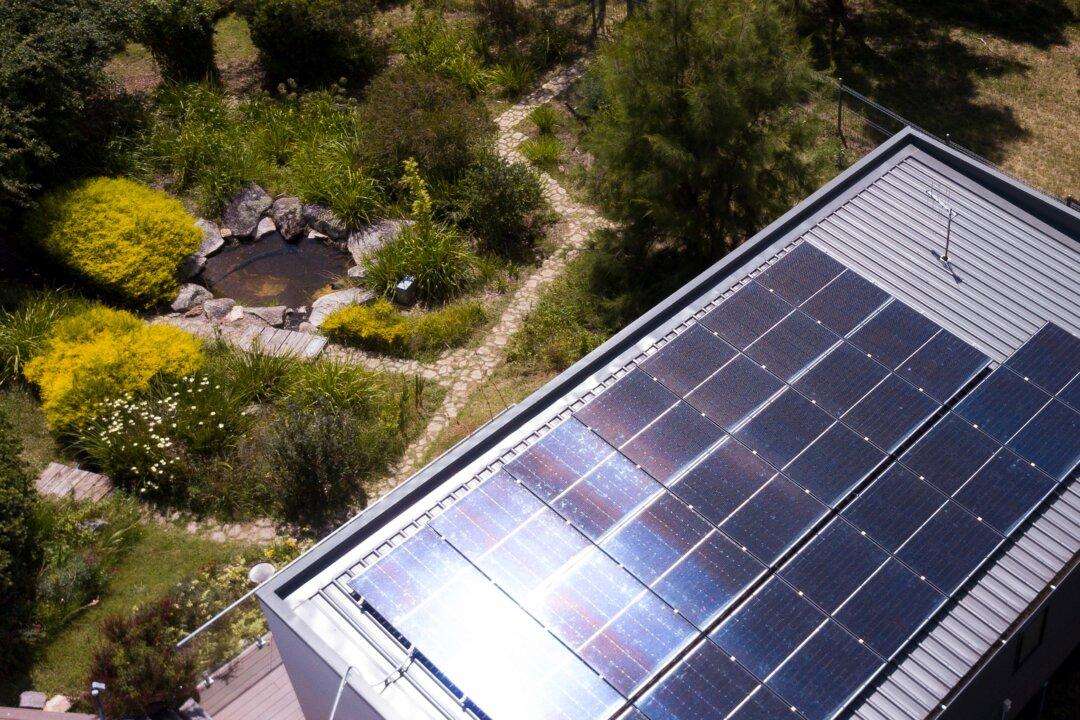Commentary
The burgeoning cost of Australia’s pursuit of net-zero CO2 emissions by 2050 has just increased even further with the announcement of yet another bureaucracy.

The burgeoning cost of Australia’s pursuit of net-zero CO2 emissions by 2050 has just increased even further with the announcement of yet another bureaucracy.